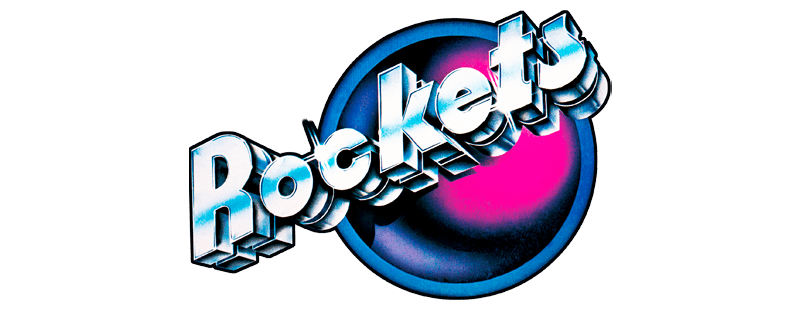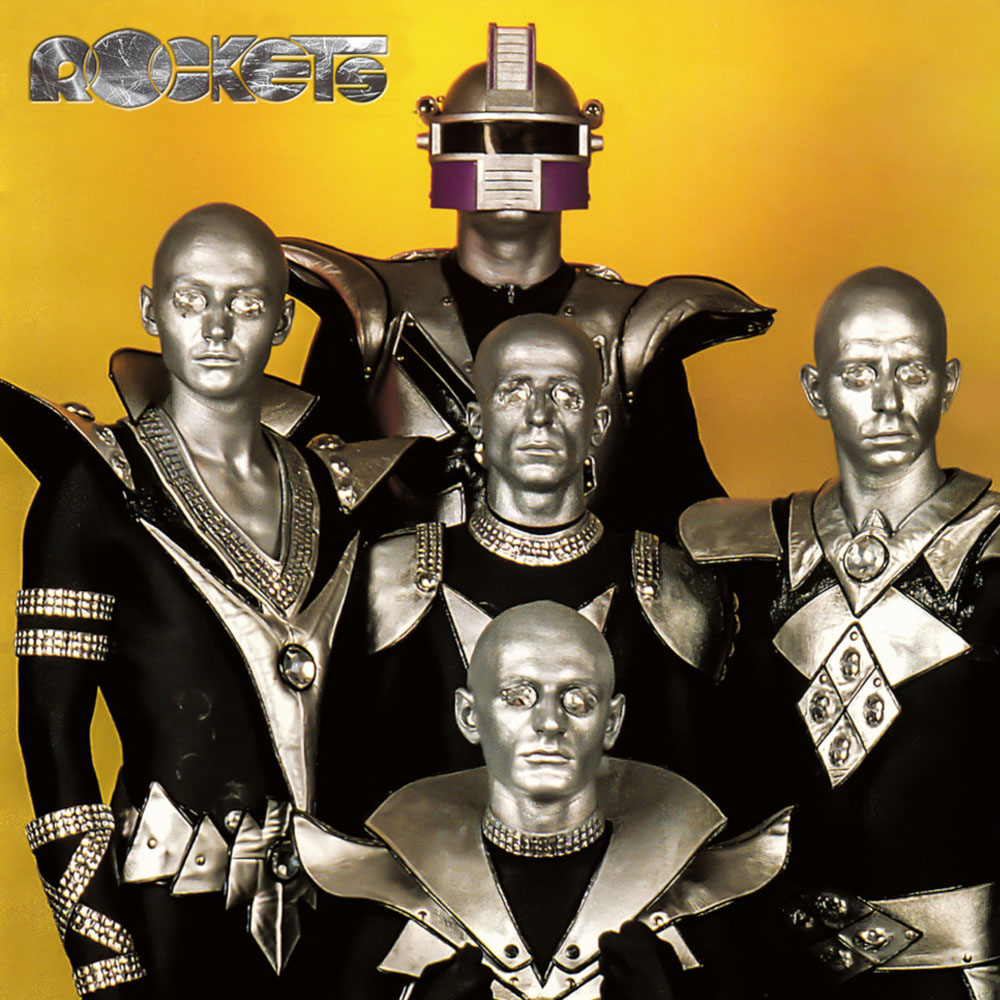Members
5 Male
Origin
 Париж, Франция
Париж, Франция
Genre
---
Style
Electronic
Mood
---
Active
 1974 to Present...
1974 to Present...
Cutout

5 Male
Origin
Genre
---
Style
Electronic
Mood
---
Active
Cutout
4 users
4 users
4 users
4 users
4 users
Artist Biography
Available in:
Wide Thumb
Clearart

Fanart




Banner
User Comments
 No comments yet..
No comments yet..










